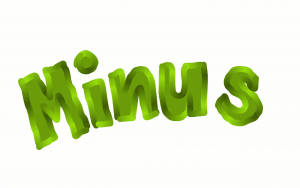 We are built for learning.
We are built for learning.
We’ve evolved to become the sophisticated species that we are because of our capacity to learn, our capacity for social interaction and our capacity to think.
If you’re like me you’ve experienced a slow and poorly performing laptop at some point. It’s working as hard as it can, but there are too many programmes running and the disc is fragmented. It takes an eternity for it to start up so we press the ‘on’ button then wander away to make a coffee or catch up with a colleague. Once it’s finally ready to go, there’s a lot to load up, we need multiple tabs open at a time and our bandwidth is low. Frustration increases in line with a productivity decrease.
So, what if, when it comes to L&D, we’re trying to load up too much software into learners? What if we are expecting them to have far too many tabs open at the same time and to still operate at speed?
A lasting legacy in learning?
The legacy learning process that we have created, and continue to use, takes time. With our learners poised and ready to ‘receive’, we have content to upload and we require good bandwidth and a stable connection for them to receive it! But they already have lots of programmes running in their heads, their bandwidth is under pressure and their connection somewhat unstable.
I know that learning can happen in a single moment. I’ve seen it happen. A flash of insight and suddenly a person can be aware of something they didn’t know or see before. It’s more than just an intellectual knowing. They totally get it, and it becomes part of their upgraded ‘operating system.’ Boom! Behaviour change, right there!
Insight is nurtured by the time and space to think clearly.
So……..I’m wondering if the learning process could be a subtractive one? What would be the result if we started taking things away, rather than loading in more?
What if people don’t need more tips and techniques, tactics and formulae, theories and models? What if they just need to be given time to defrag, to mentally reorganise what they know, to remove anything that doesn’t run properly anymore and seek out an upgrade to a better version?
Programmes of development could allow people more time to think well.
Let’s not just assume that the content we’re uploading will change how they think and create the behaviour change we want to see in the organisation. Instead we could create the space for people to realise what they already know, how capable they already are, and to see the interference and contaminated thinking that stops them from performing in line with their potential.
We could encourage them tap into their own wisdom, rather than avail them of ours. We could be responsible for creating the conditions for them to harness personal and social creativity by being part of a diverse cohort of complicated and interesting human beings.
Should we be adopting a different focus?
In an age where access to information is so easy, perhaps as L&D professionals we can have a different focus? Perhaps we can be the ones inspiring learners to spot opportunities to learn, to seek out information from high quality sources.
Helping them to differentiate and discriminate so they can choose what’s right for them.
Encouraging them to play with the information they find, to think deeply about it, to interrogate it.
Connecting them with other learners for them to experiment and to see how to make the learning work in the real world.
What do you think?




